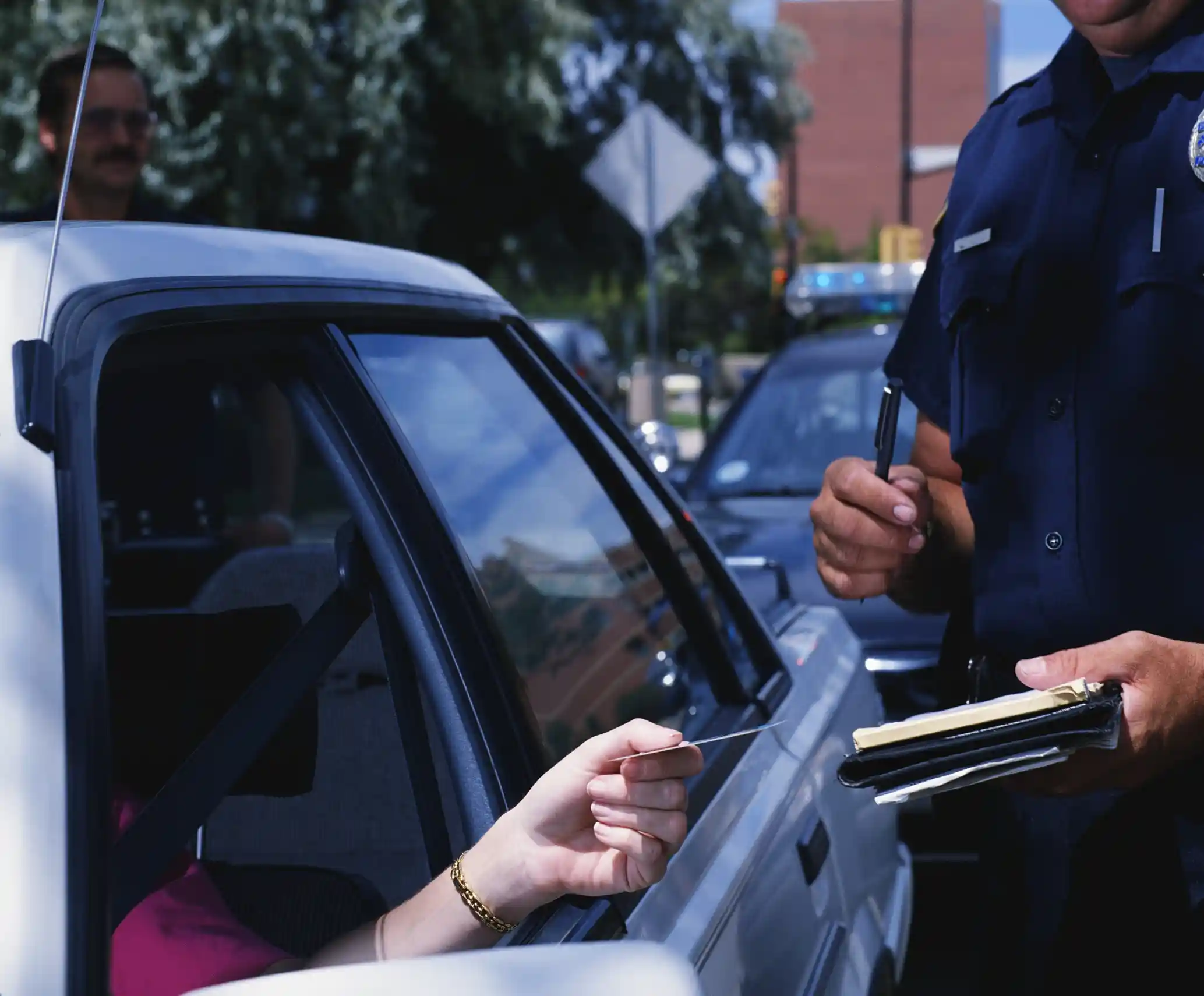If you are ever stopped because a law enforcement officer believes you are driving under the influence, or DUI, in Nebraska you will likely be required to go through a number of common steps followed during a DUI stop. If the officer believes that probable cause exists for your arrest you will eventually be taken into custody and transported to the station house or jail. At that point, you will be asked to submit to a breath, blood, or urine chemical test. As an accused, you may wonder “ Which chemical test will I have to take in a Nebraska DUI stop ?”
First, it helps to understand the purpose behind any chemical test. Nebraska has an implied consent law that essentially says you give your consent to a chemical test if you are arrested for suspicion of driving under the influence of alcohol or drugs (DUI or DUID). You may refuse the chemical test; however, doing some comes with its own penalties, including a lengthy license suspension. The reason a chemical test is important, from the standpoint of law enforcement, is that chemical test can provide scientific evidence of your intoxication. Which test you are asked to take will depend on several factors, including:
- What substance the officer believes has caused your intoxication
- What tests are available
- Whether or not you are conscious
- Any physical medical problems you have that may prohibit you from being able to complete a breath test
As a general rule, you will be asked to submit to a breath test which tests for alcohol in your breath. If, however, the officer believes you are under the influence of drugs, a blood or urine test will be ordered because a breath test cannot test for the presence of anything but alcohol in your system.
If you are unconscious because of an accident or because of your level of intoxication, a blood or urine test may also be ordered because you cannot complete a breath test when you are unconscious. Likewise, if you have any health related problems, such as asthma or emphysema, that prevent you from providing a valid breath sample, the officer may request a blood or urine test instead.
If a breath test is not an option for any reason, a blood test is usually preferred to a urine test. Blood tests are considerably more accurate than urine tests, making them more popular with law enforcement and prosecutors. As a general rule, a urine test is considered the test of last resort and is only used when a breath or blood test is not a viable option.
If you have been charged with DUI or DUID in Nebraska, contact the Omaha, Nebraska law office of Petersen Law Office 24 hours a day at 402-513-2180 to get started on your defense.


